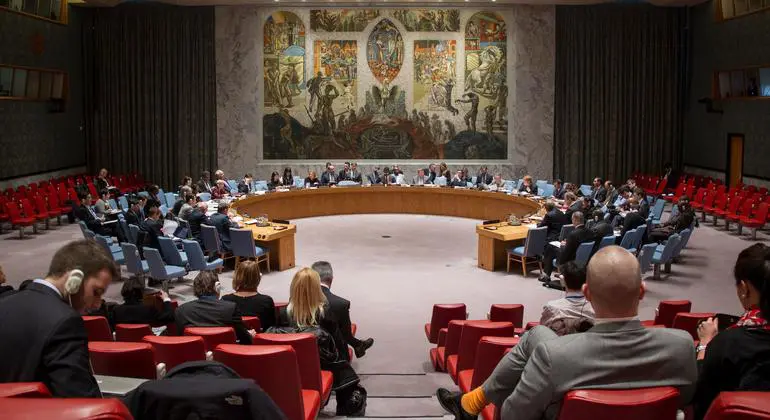“In India’s time of need, the UN is doing everything it can to rapidly provide critical equipment and supplies to central and state governments”, said Resident Coordinator Renata Lok Dessallien.
WHO and sister agency the UN Children’s Fund, UNICEF, are procuring equipment and supplies, including 7,000 oxygen concentrators and 500 nasal devices for oxygen supply, in addition to oxygen generating plants, COVID-19 testing machines, and personal protective kits.
“The current rapid surge of COVID-19 cases has put immense pressure on the health systems, already overburdened since the start of the pandemic. We need to act with speed, expand hospital capacities and equip them with medical supplies, most needed to save lives”, said Dr Poonam Khetrapal Singh, Regional Director for WHO in South-East Asia.
The region has led the world in COVID-19 infections for a third straight week, mainly due to the situation in India, which has recorded 2.17 million new cases, or a 52 per cent increase.
Mobile field hospitals
WHO is helping India to scale-up additional hospital beds by procuring mobile field hospitals which could be set up in the most affected areas. The field hospitals have a capacity of 20 to 30 beds but can be increased to a maximum of 50, if needed.
The agency is also providing for laboratories to meet the huge demand for testing, and over 2,600 staff have been redeployed from programmes for polio and neglected tropical diseases to support pandemic response.
Meanwhile, in the western state of Maharashtra, the second most populous in the country, UNICEF has engaged experts to work on risk governance.
In it together
India this week completed a 100-day COVID-19 vaccination drive, with 145 million doses administered. Dr Khetrapal Singh said efforts to ramp up vaccination coverage are needed.
She also stressed the need to continue key public health measures, such as testing and contact tracing, along with physical distancing, proper hand washing and use of masks, to curtail virus transmission.
Dr Khetrapal Singh underlined WHO’s commitment to continue working with health authorities at all levels, saying “Together we must do all we can to halt the current COVID-19 surge”.





